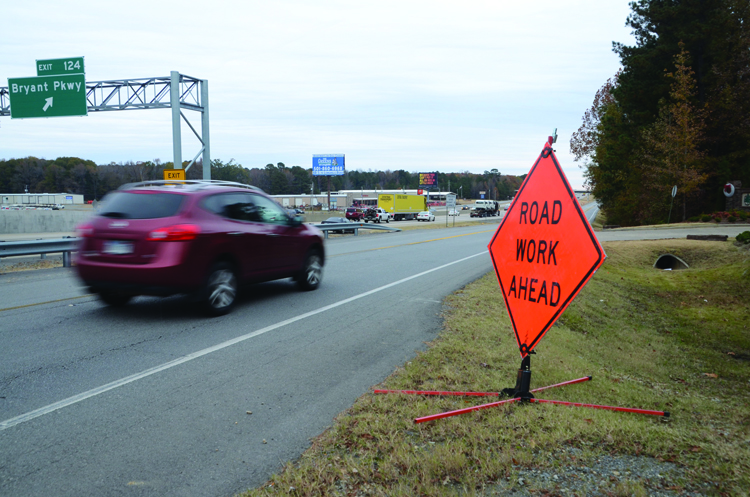By Steve Brawner, © 2019 by Steve Brawner Communications, Inc.
Coming into this legislative session, highways for Arkansas Gov. Asa Hutchinson were a priority, not the priority. Reducing the top tax rate from 6.9 percent to 5.9 percent came first.
But the past week proved the two couldn’t be separated.
After Hutchinson’s tax cut easily passed through Senate committee, it failed to gain a three-fourths majority in the full Senate. Several senators wanted to know how the state could increase funding for highways while cutting taxes. The tax cut did pass on its second try, but only after a few holdouts were assured a responsible plan was coming.
I recently wrote that the tax cut was coming first because it was “easy” and that highways would come afterwards. Boy, I missed that one. It soon became obvious that the three-fourths majority would be even harder to attain in the House until legislators saw a highway plan. So the governor and legislative leaders hit the gas pedal on highways and revealed a plan Monday.
How did highways become so urgent? The Arkansas Department of Transportation has been pleading for more money forever. It has said it has $9.3 billion in funding needs but only $4.5 billion in available revenues over 10 years.
A legislative audit basically confirmed those estimates, which added credibility to ARDOT’s claims. Meanwhile, legislators were hearing from constituents wanting something done about all those potholes. As Hutchinson explained Monday, “I’ve never seen the public in a greater mood for a highway plan – actually demanding of the legislators, don’t come home without a highway plan.”
The plan would raise about $300 million annually for the state’s highways and another $110 million for cities and counties.
The main revenue source would be a permanent extension of the half-cent sales tax approved by voters in 2012. That money funds the $1.8 billion Connecting Arkansas Program, which is improving 200 miles of roadways and expires in 2023. It’s easier to ask people to continue paying a current tax than ask them to pay a new one.
The plan also would increase gasoline taxes motorists pay at the pump by 3 cents a gallon, while diesel taxes would rise 6 cents. Those taxes could rise by a maximum of one-tenth of one cent per year.
It also would commit $35 million to the state’s highways that would generated by the casinos approved by voters in November. If those numbers fall short, the state would provide money from general revenues, which is worth noting.
Finally, the plan would impose new fees on drivers of hybrid and electric vehicles. They use the state’s roads but pay less in gas taxes, or no gas taxes.
Hutchinson called this the “largest single highway plan in our history,” but it will mostly maintain and improve what we have. It will replace every structurally deficient bridge, but it will not do much for the biggest wish-list items such as completing I-49 down the state’s western edge.
Now that we’ve heard the proposal, it’s time for the politics.
Extending the half-cent sales tax would require a vote of the people in 2020. The last one in 2012 passed with 58 percent of the vote.
But first, legislators would have to refer it. They can refer a maximum of three constitutional amendments, so the highway program will be competing with other proposals. Moreover, some legislators have pledged to resist all efforts to raise taxes, including giving voters a chance to decide.
The other parts of the plan require a majority vote in the Legislature. Again, some Republicans will refuse to vote for any tax increase. Some lawmakers, particularly Democrats, will question why lawmakers are cutting taxes for top earners while asking regular Joes to pay more at the pump. There will be some concern about using any general revenues for highways. That money traditionally has been used for other needs, such as schools.
What are the plan’s chances of passage this session? The governor tends to get what he wants, though sometimes with modifications.
I’m predicting legislators pass it, but I won’t repeat the mistake of saying it will be easy.
